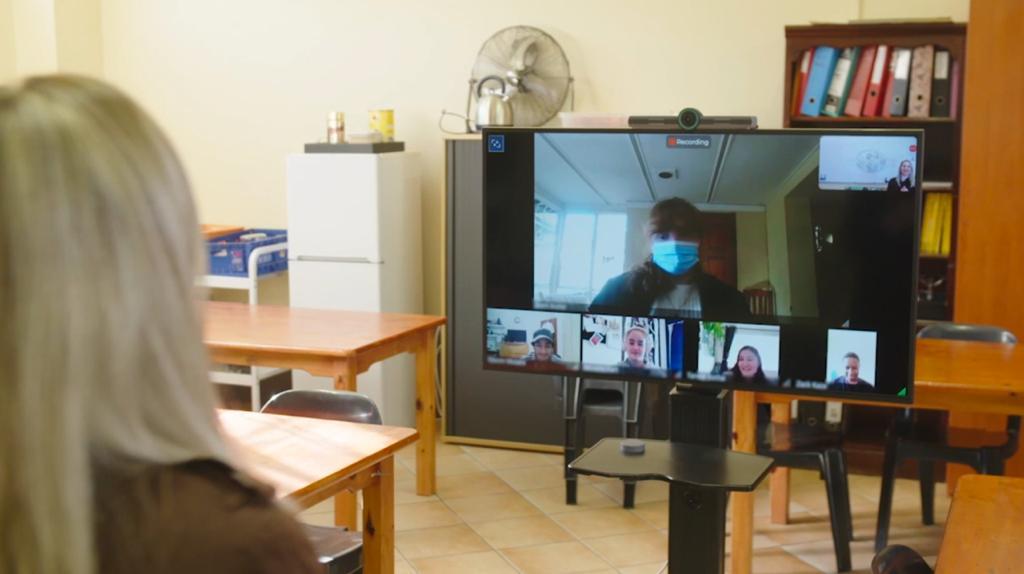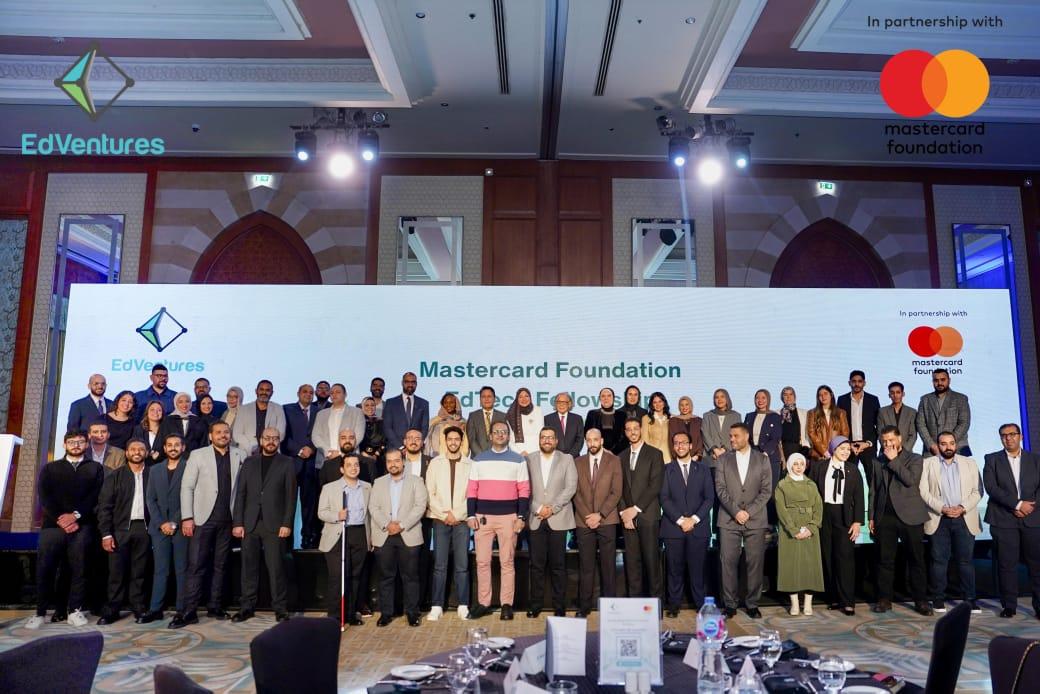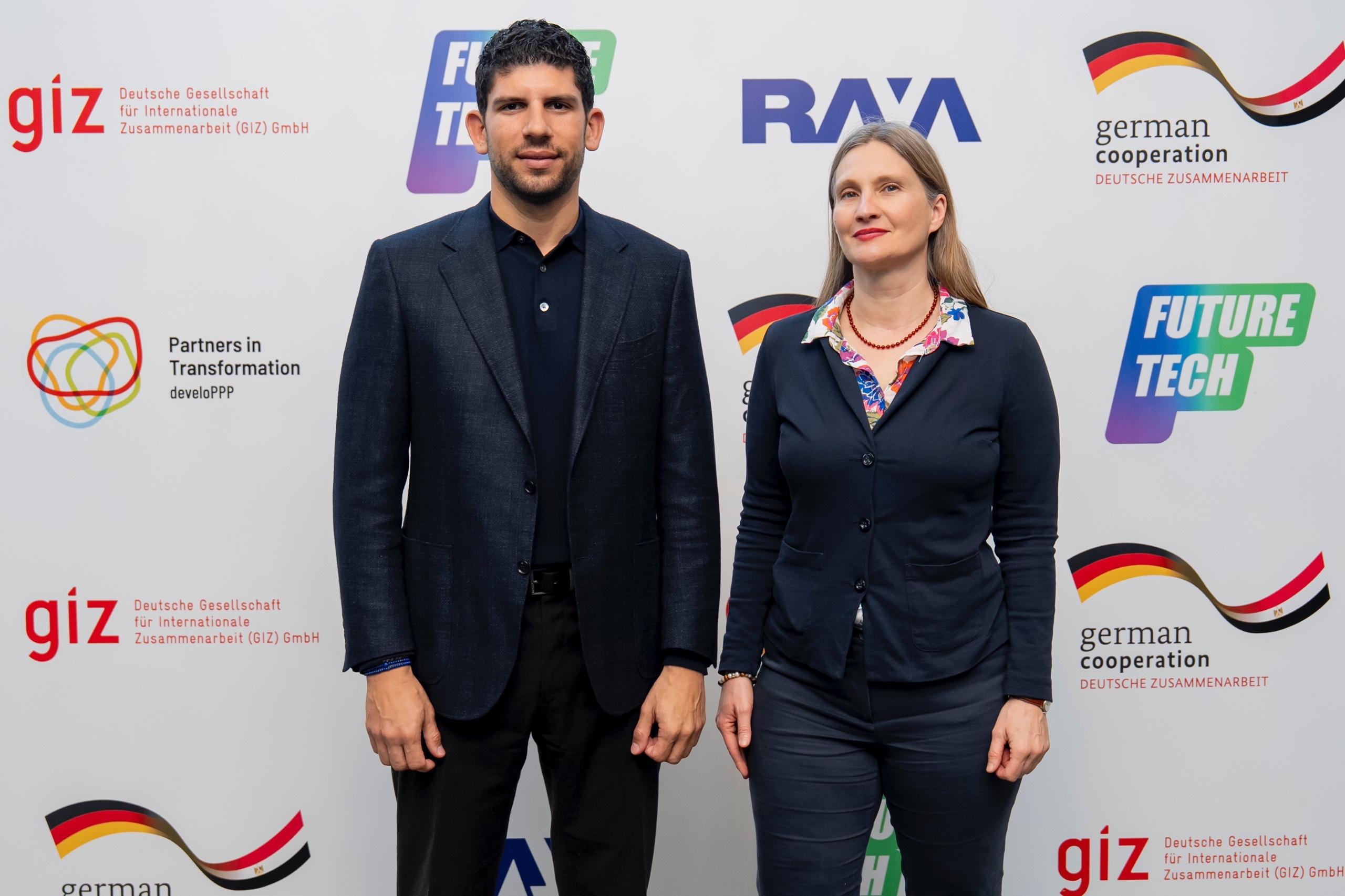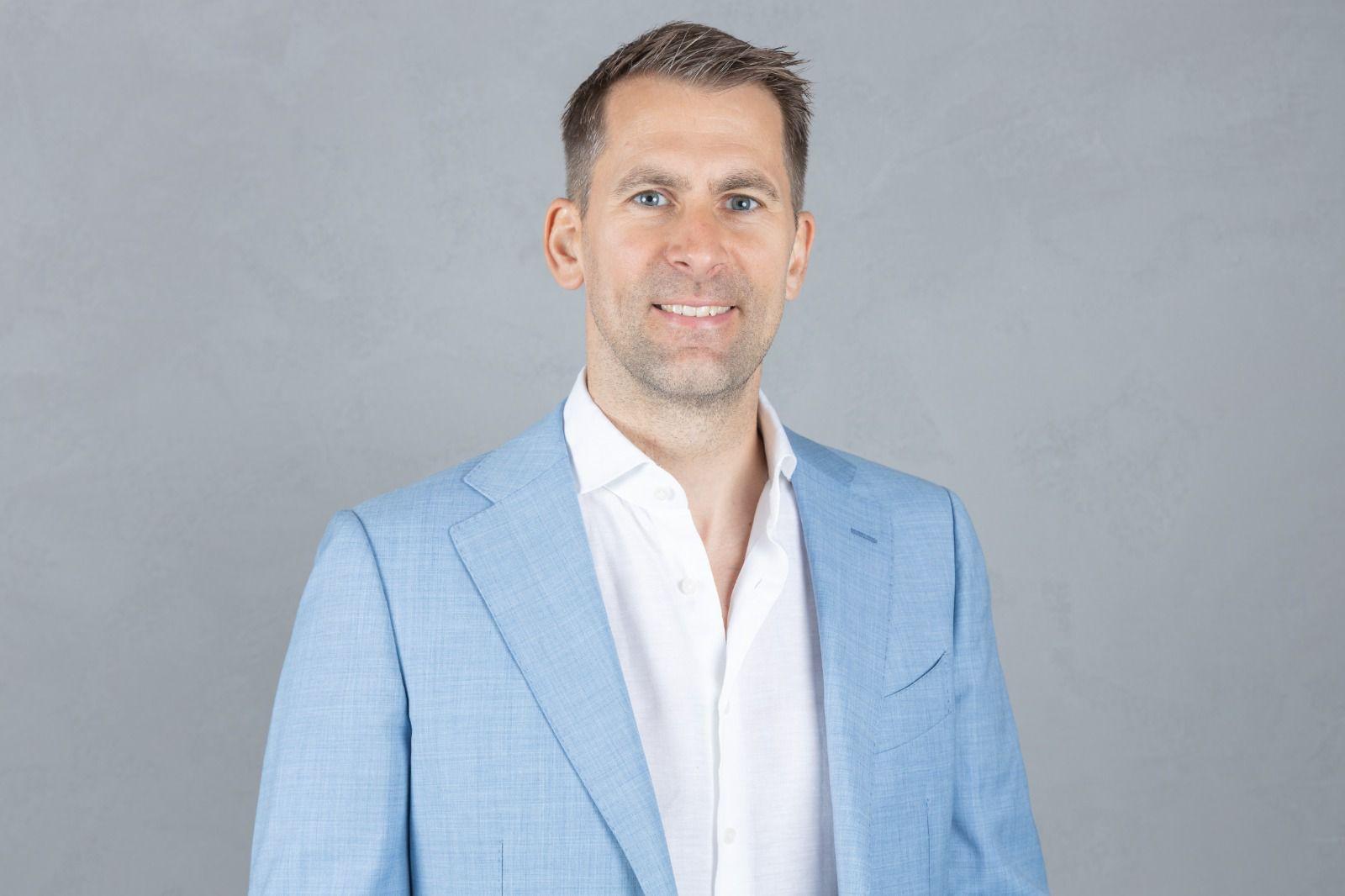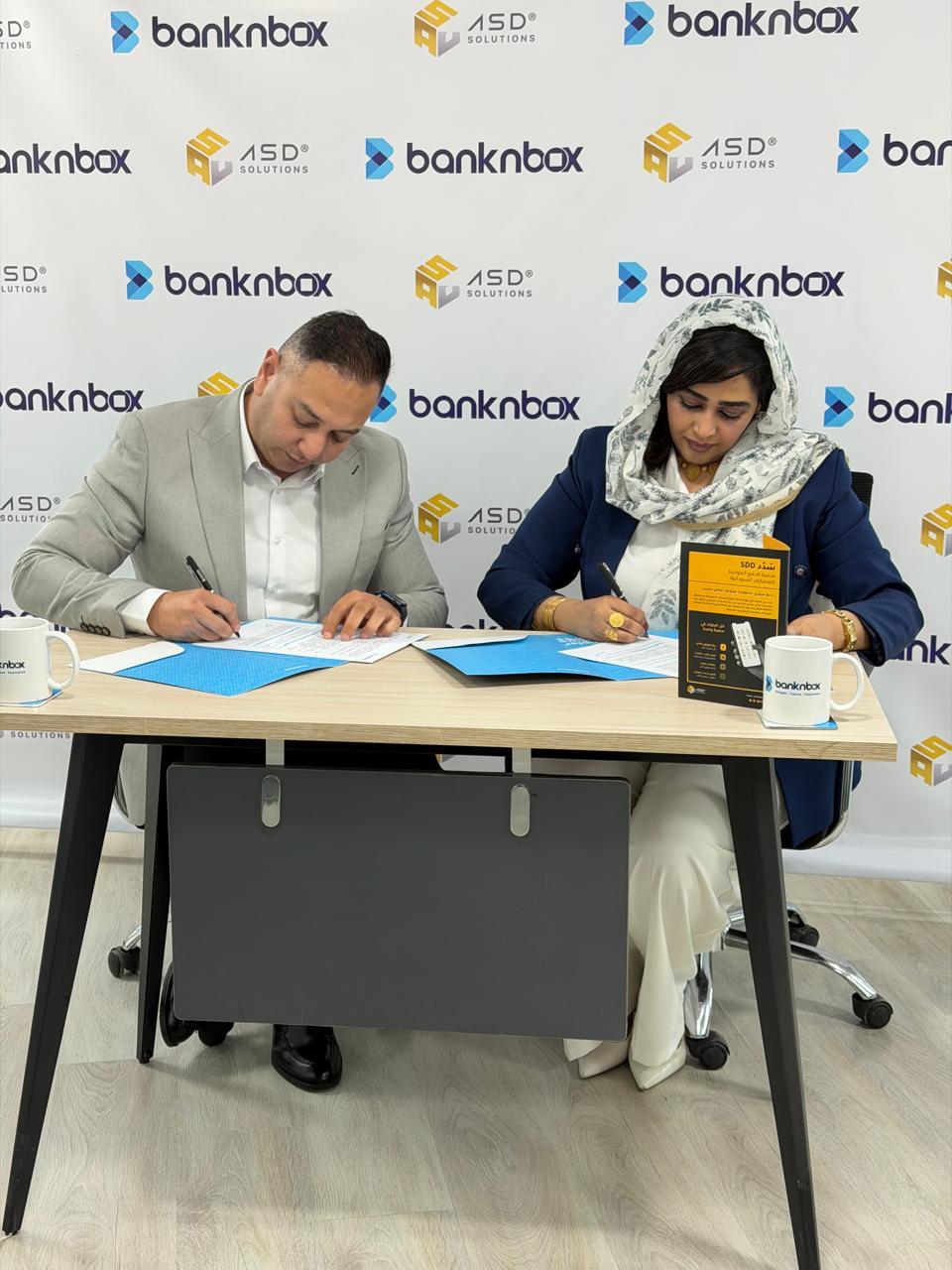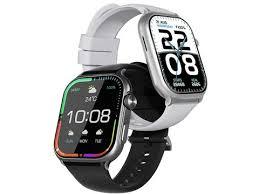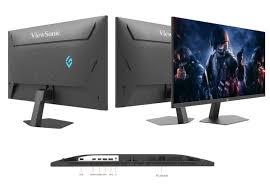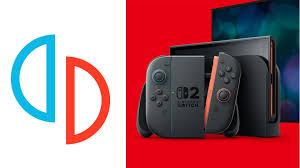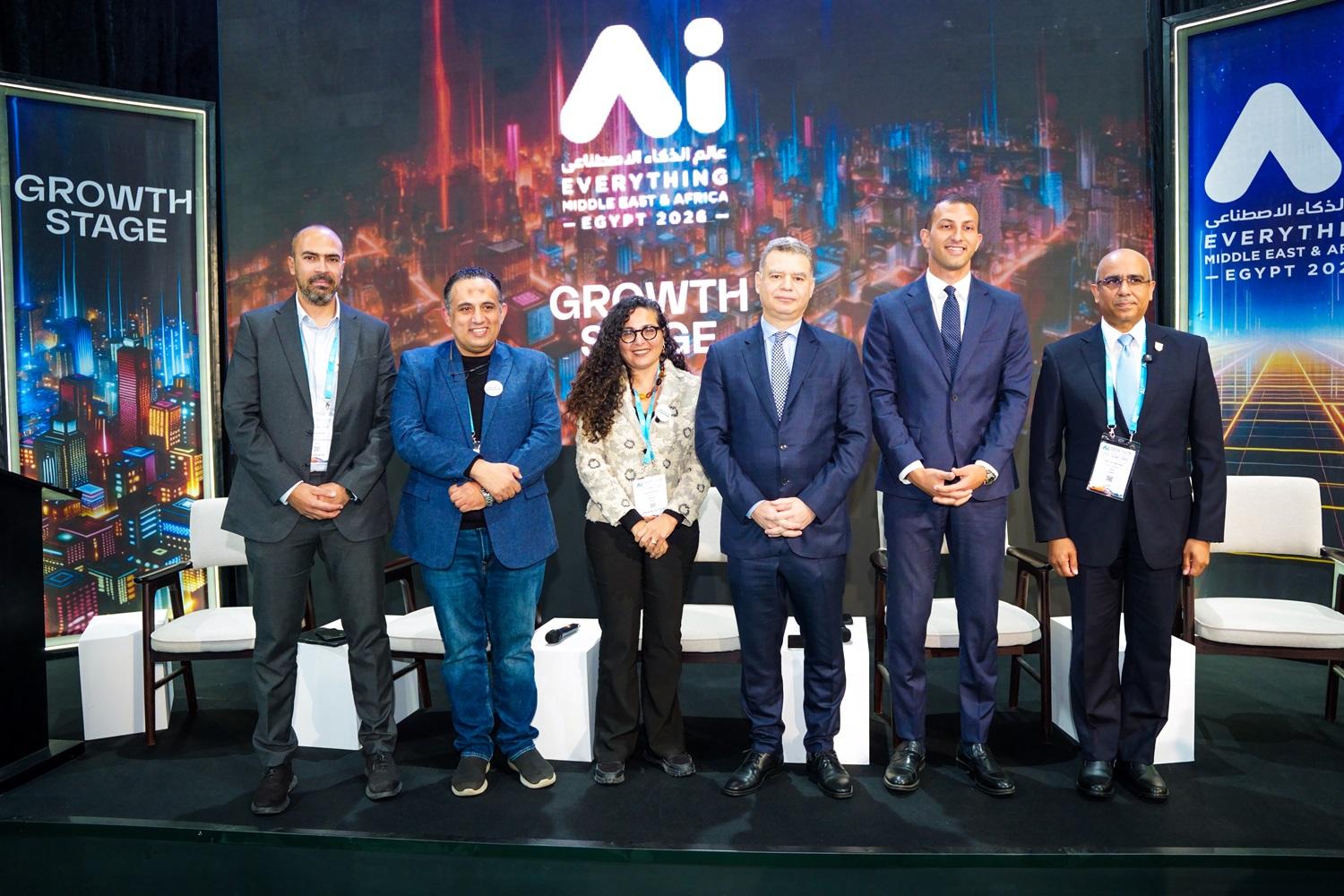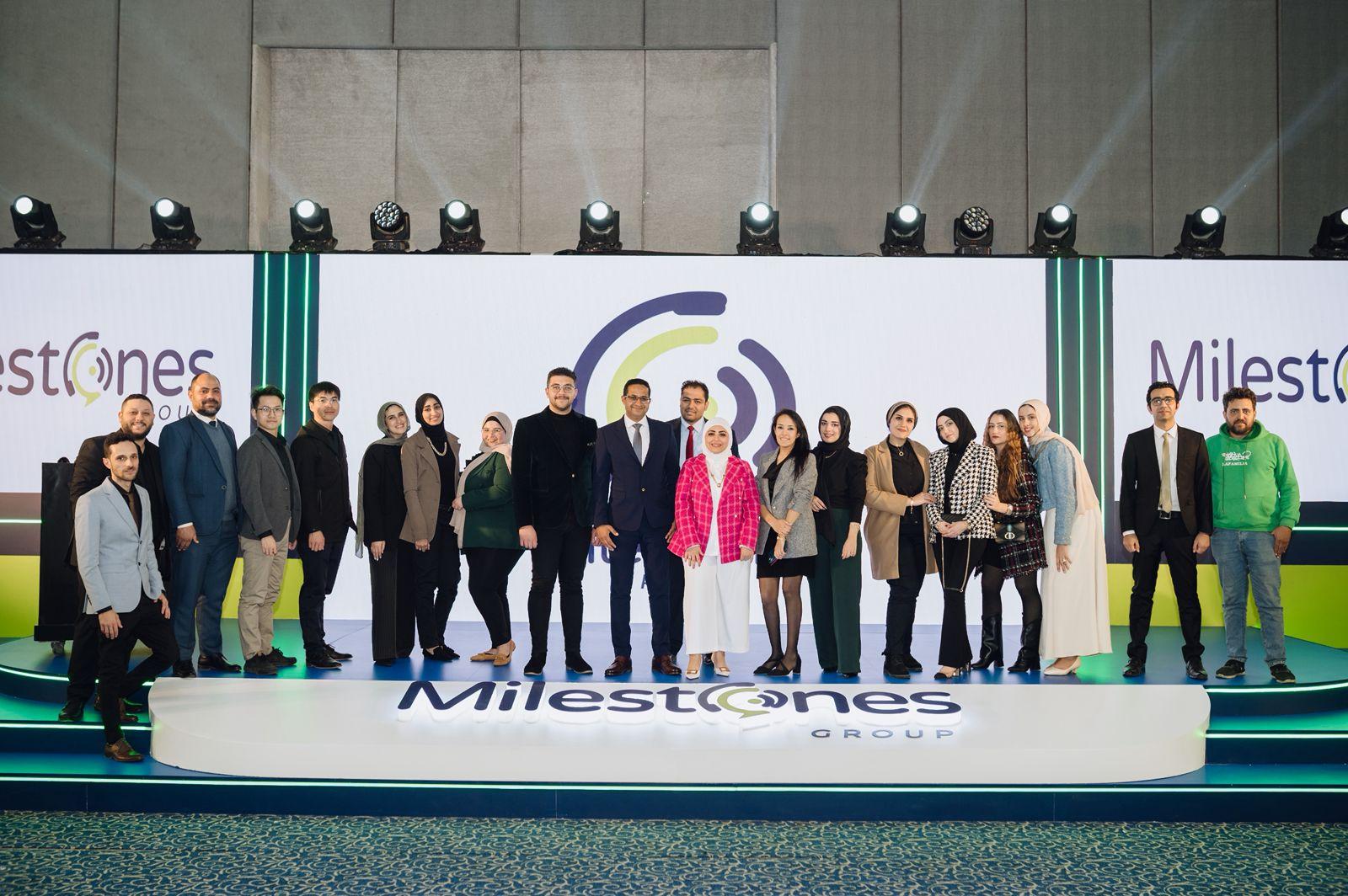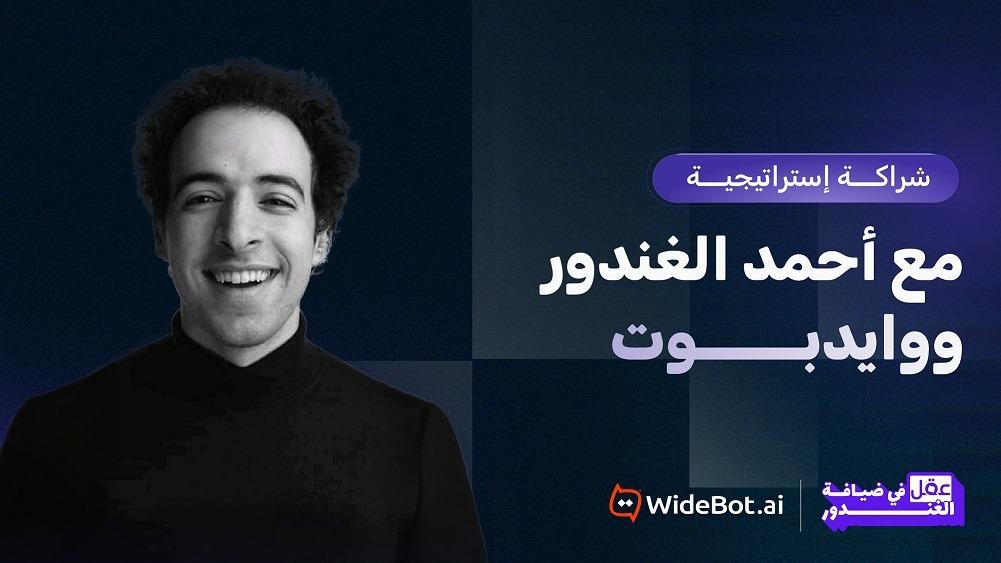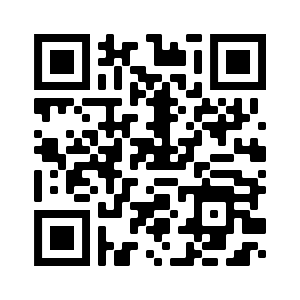By: Faten El Khouly
As many as 250 million children across Africa are currently unable to access primary and secondary schools as a result of COVID-19-related closures. Analysts have shared concerns that this may create a lost generation of learners, causing many children to leave school prematurely. Avaya (NYSE: AVYA), a global leader in solutions to enhance and simplify communications and collaboration, is helping to stem this loss across the continent by enabling students to stay on track with their studies using Avaya Spaces™.
Avaya Spaces, the all-in-one video collaboration app for the digital workplace, changes the way works gets done. It helps bring together distributed groups of people instantly with immersive work spaces where they can message, meet, share content and manage tasks from a browser or mobile device, and provides an easy, secure and effective way to collaborate in the cloud.
Earlier this year, Avaya Spaces was offered for free to educational institutions worldwide, giving them all the meeting and team collaboration features they needed to keep students learning and curriculums on track.
With Avaya Spaces, African schools such as Icon International School in Ghana, Charter College in South Africa, and Waldorf Woodlands in Kenya, have kept students safely engaged in their education by using the app to create virtual classrooms that can be accessed securely from anywhere on any device.
Analysts and researchers have noted the importance of easy-to-use collaboration tools for education institutions to maintain their connections with students, to support bright futures in the face of today’s challenges. “Investing in training and education is the best way to secure the future prosperity of the African region,” said Adrian Ho, Practise Leader, Enterprise Advanced Digital Services, Omdia. “The COVID-19 pandemic has made its struggles more challenging. Harnessing technologies like Avaya Spaces will help bridge the training and educational gaps of the future workforce in Africa, allowing the region to be globally competitive.”
“The crisis has forced educators across Africa and around the world to adapt in order to avoid losing educational progress made throughout the first half of the academic year,” said Nidal Abou-Ltaif, President, Avaya International. “With our Avaya Spaces offer, we have helped teachers and students continue to focus on education, and we’re proud to have played a small part in seeing off worries of a lost generation of learners.”
Icon International School, a leading Ghanaian institution that caters to learners from multiple grade levels, is one such school that has turned to technology to ensure the continued delivery of education for its students. Initially getting by with various freemium consumer apps, the school eventually put in place a comprehensive remote learning program for students using Avaya Spaces. The cloud-based video and collaboration app enables Icon to seamlessly deliver a Montessori-style education across geographies.
“With Avaya Spaces, teachers are able to attend to the individual needs of every learner,” said Elizabeth Owusu-Bennoah, Proprietress, Icon International School. “We have found the task management features particularly effective, as they enable us to plan, type out assignments, and follow up on them all within the same app. Previously, there was a lot of copying and pasting between various different apps, but now everything is held within an easy-to-access online space. With Avaya Spaces, we are able to create a rich and academically stimulating environment that students can access from the safety and comfort of their own homes.”
In South Africa, Charter College International High School moved classrooms online with Avaya Spaces to enable continued learning amid a shutdown of schools across the country. Working with Avaya, Charter College deployed business licenses for its teachers and staff – enough to support over 1,000 student users in virtual classrooms.
“We join a growing number of educational institutions worldwide who have had to temporarily cancel in-person classes, but we’ve worked extremely quickly to move lessons online and ensure that our students are still being provided with a top education,” said Alison Dodge, Principal at Charter College International High School.
Despite South African schools now being officially open, Charter College will continue using Avaya Spaces to keep students and teachers engaged and collaborating – and can maintain a continuity of education if classes shut again.
“Our first priority is the safety of our students. During a global pandemic, our goal is to provide continuity of their classes while ensuring we’re following the most up-to-date health advice from government bodies. Avaya Spaces has already proven indispensable with its task management features, and it provides us with a viable remote learning option if we ever need to temporarily shut the school again,” Dodge added.
Additional Resources:
· VIDEO: Learn more about how Charter College International High School is using Avaya Spaces to take their classrooms virtual.
· FACT SHEET: Avaya Spaces, a Cloud-Based Team Collaboration and Meeting Tool
